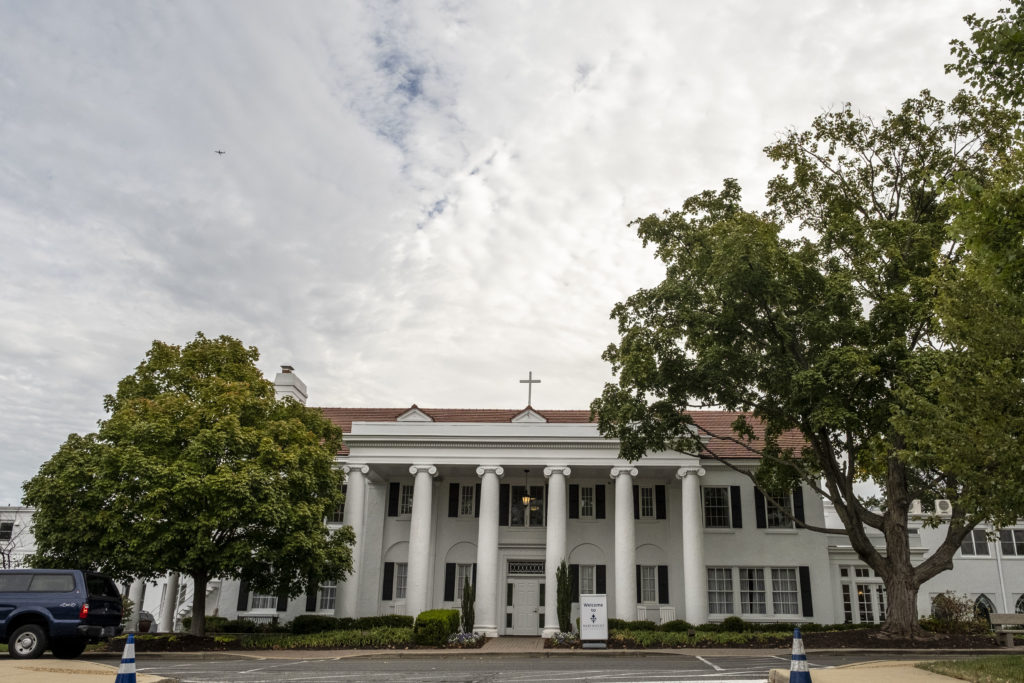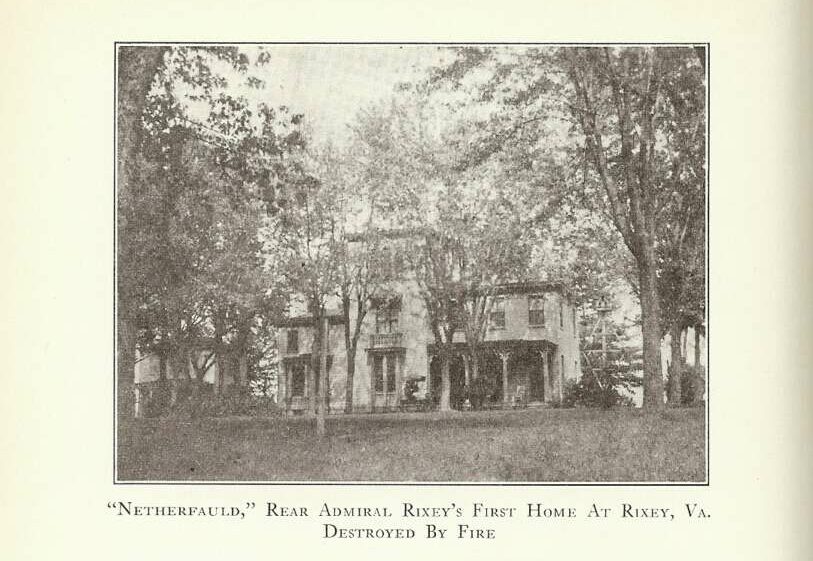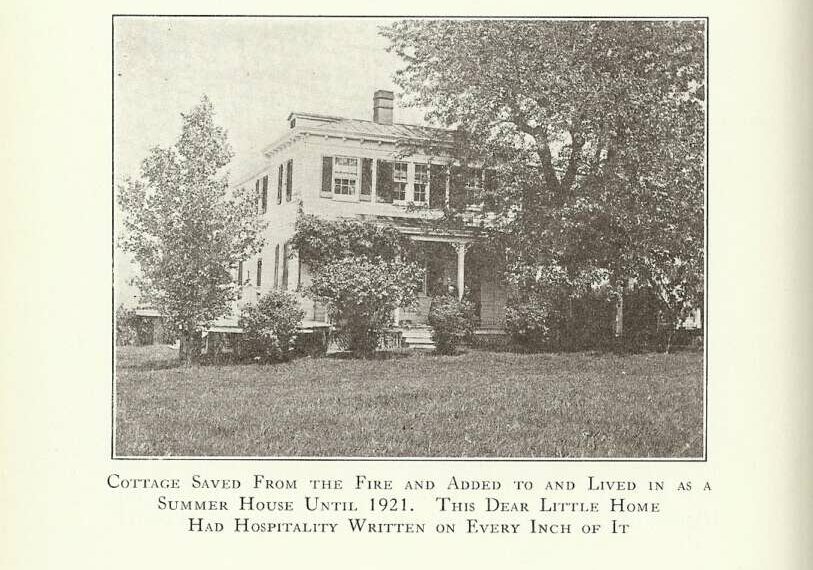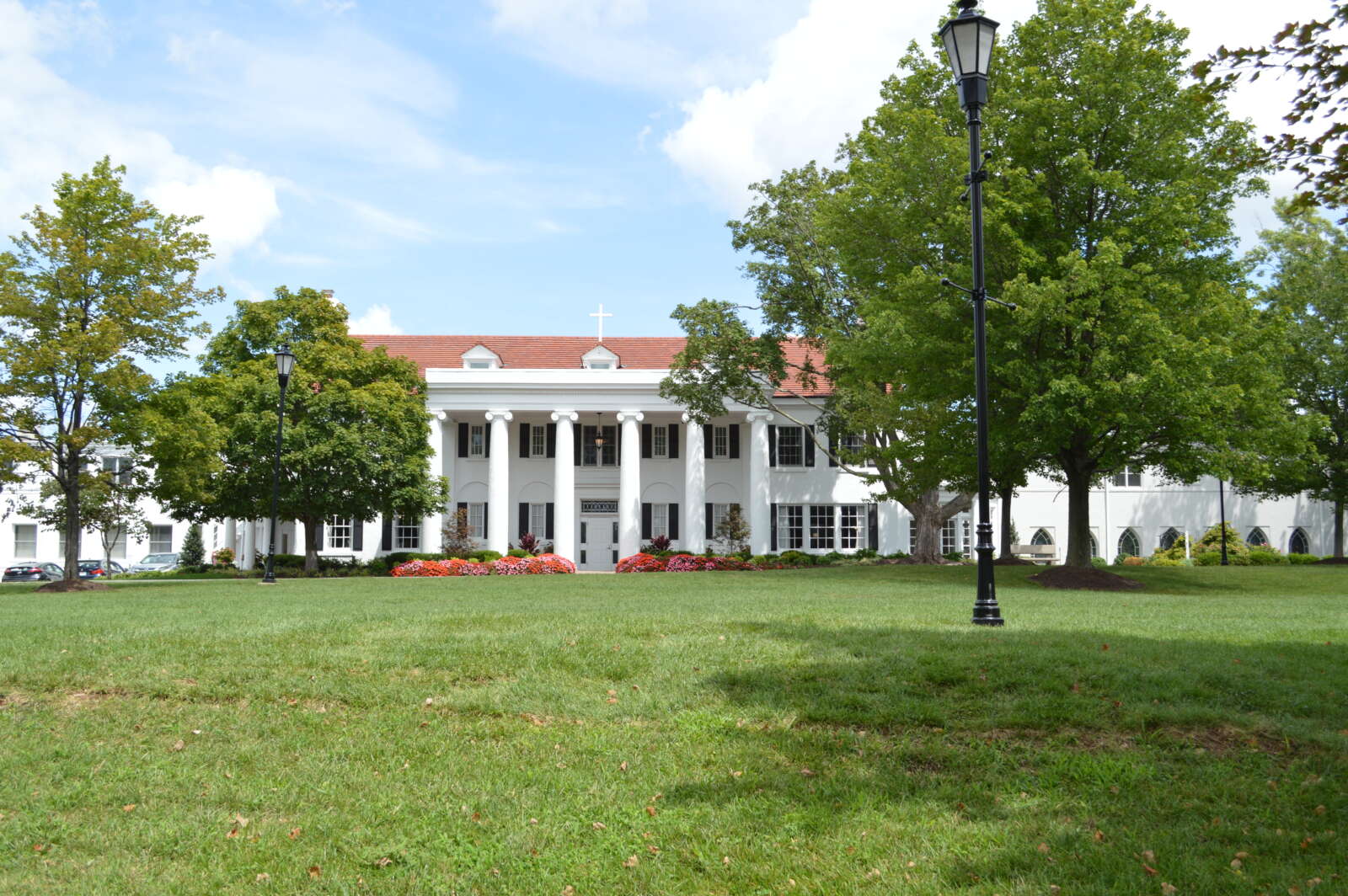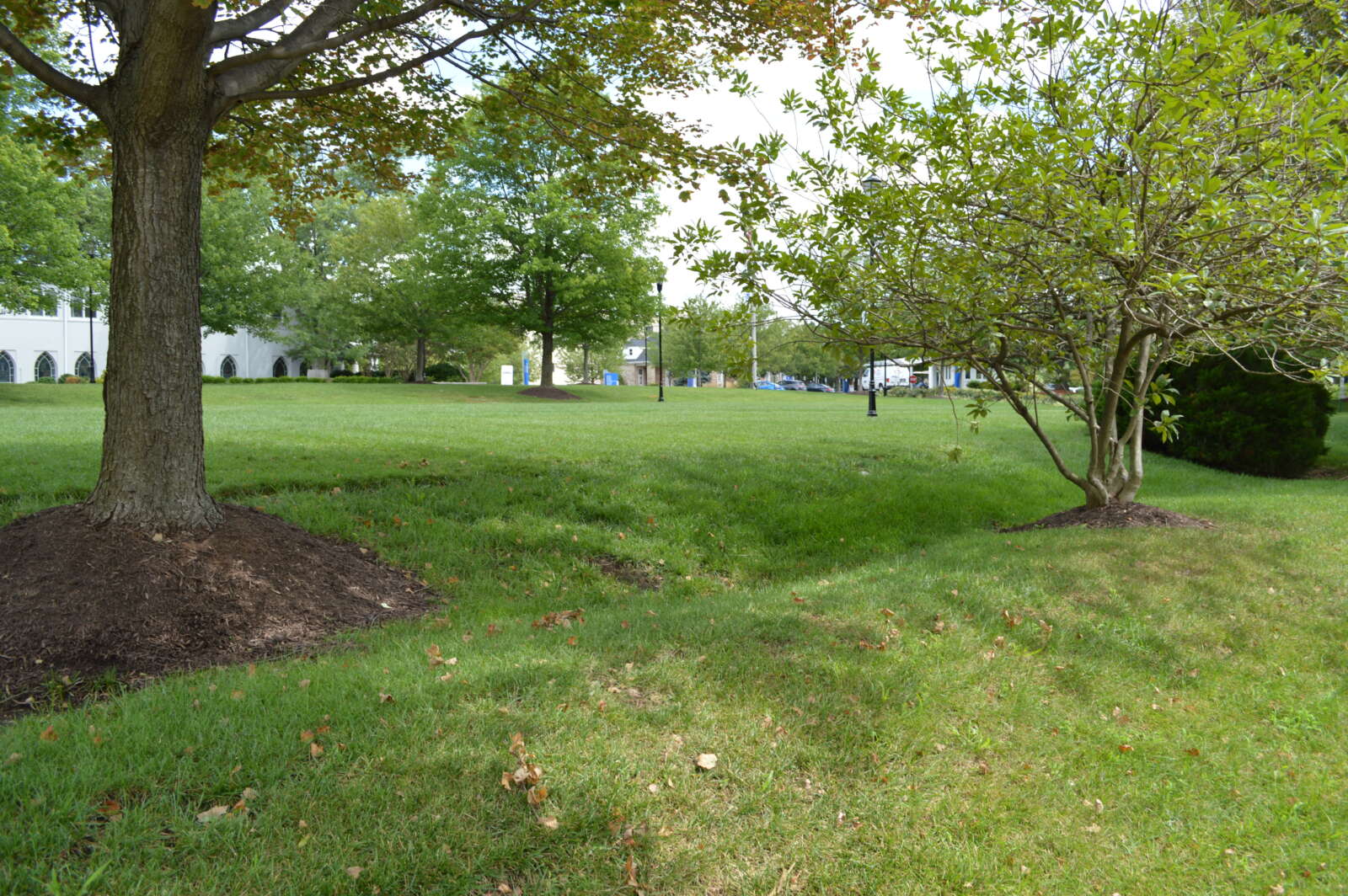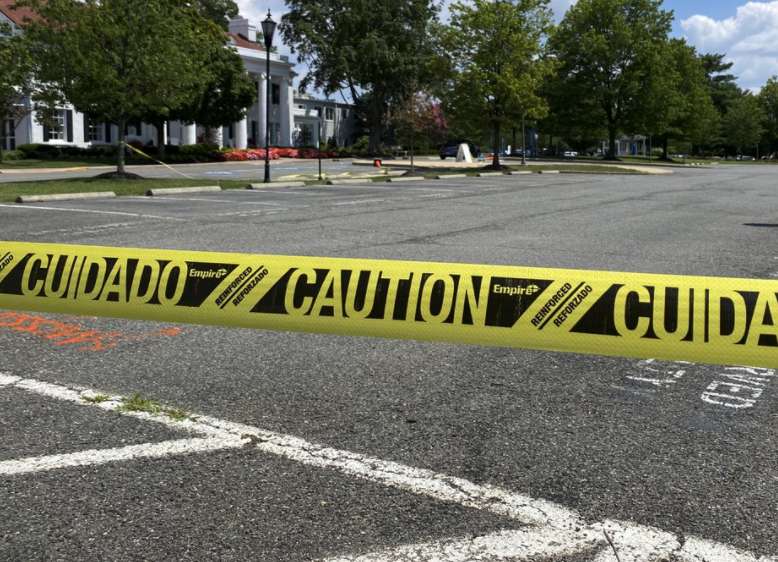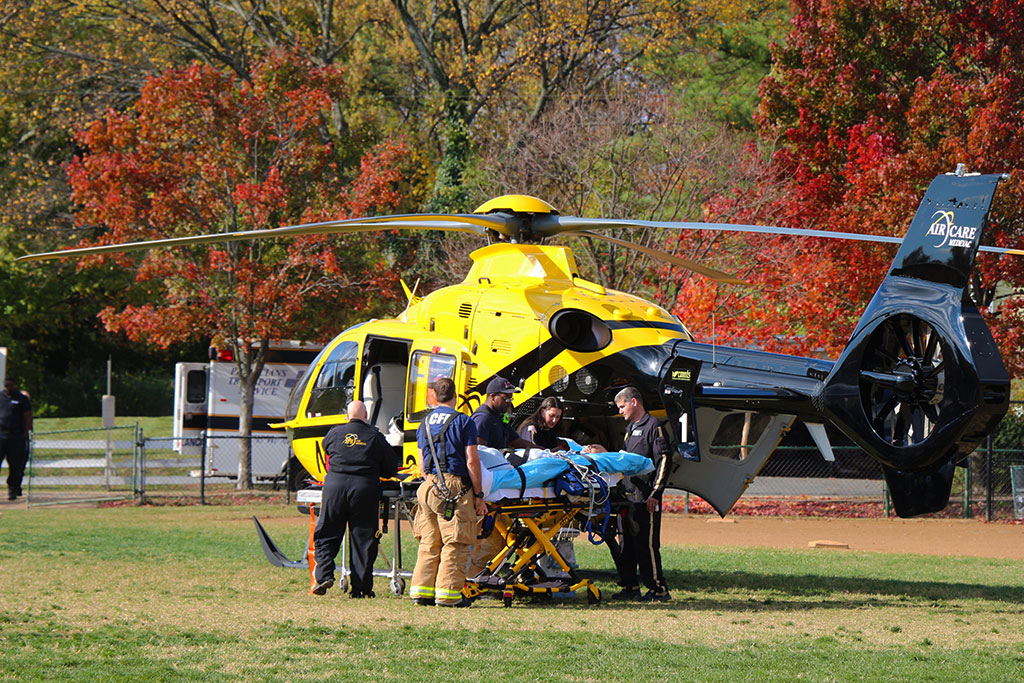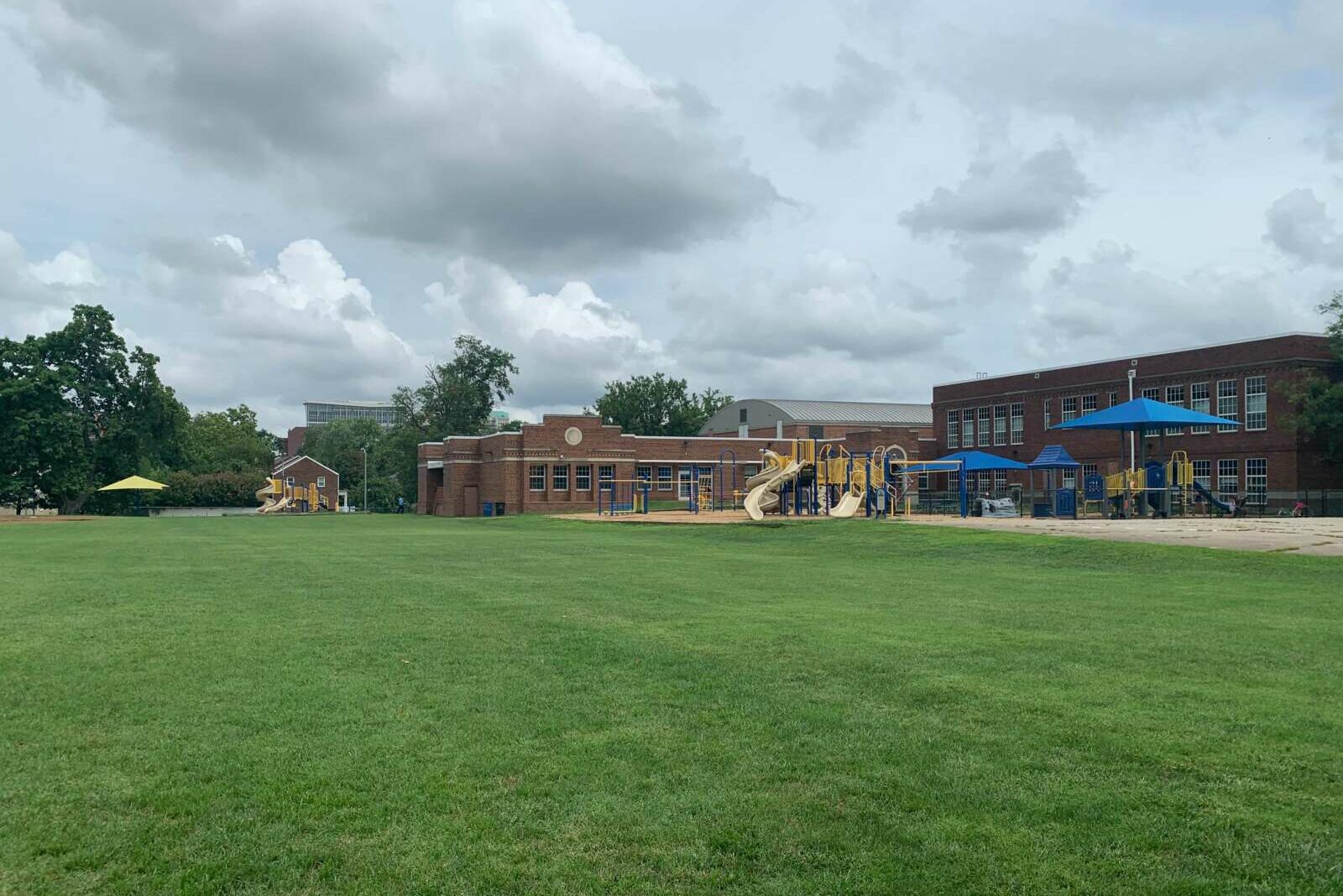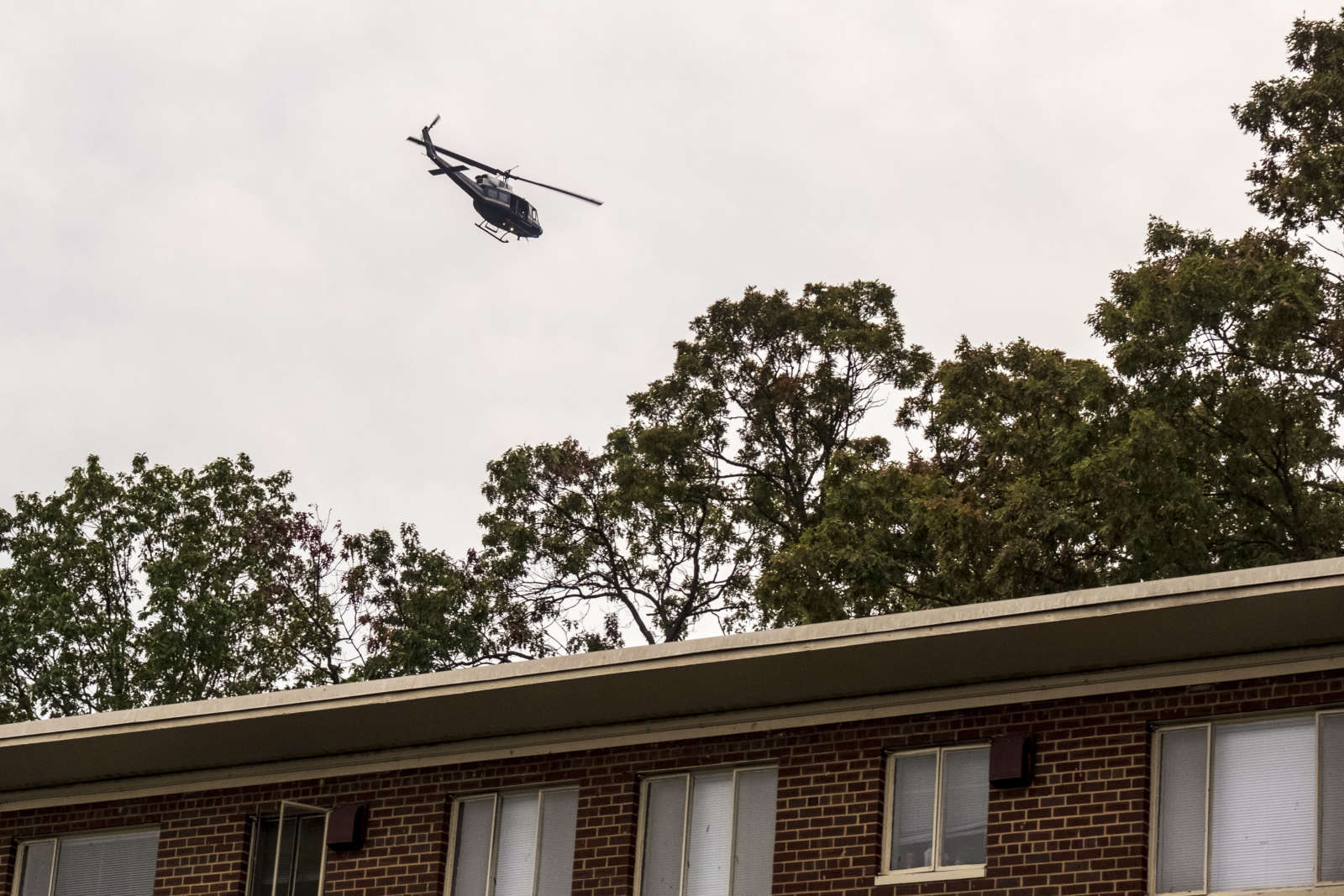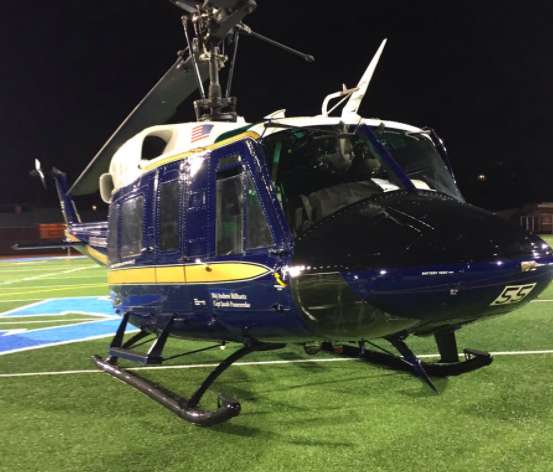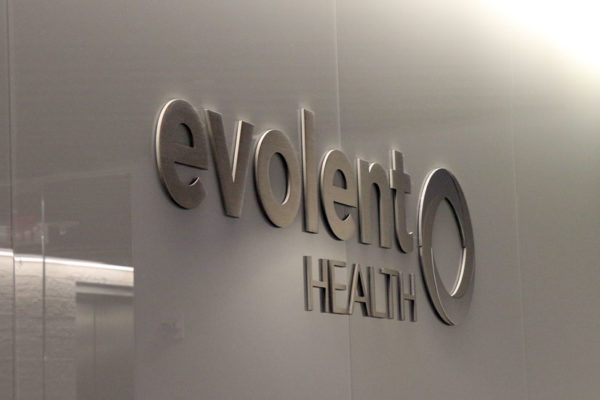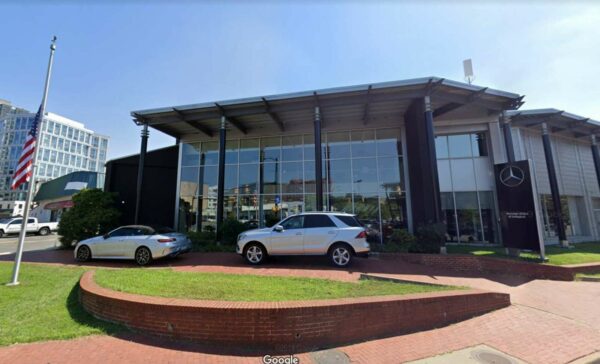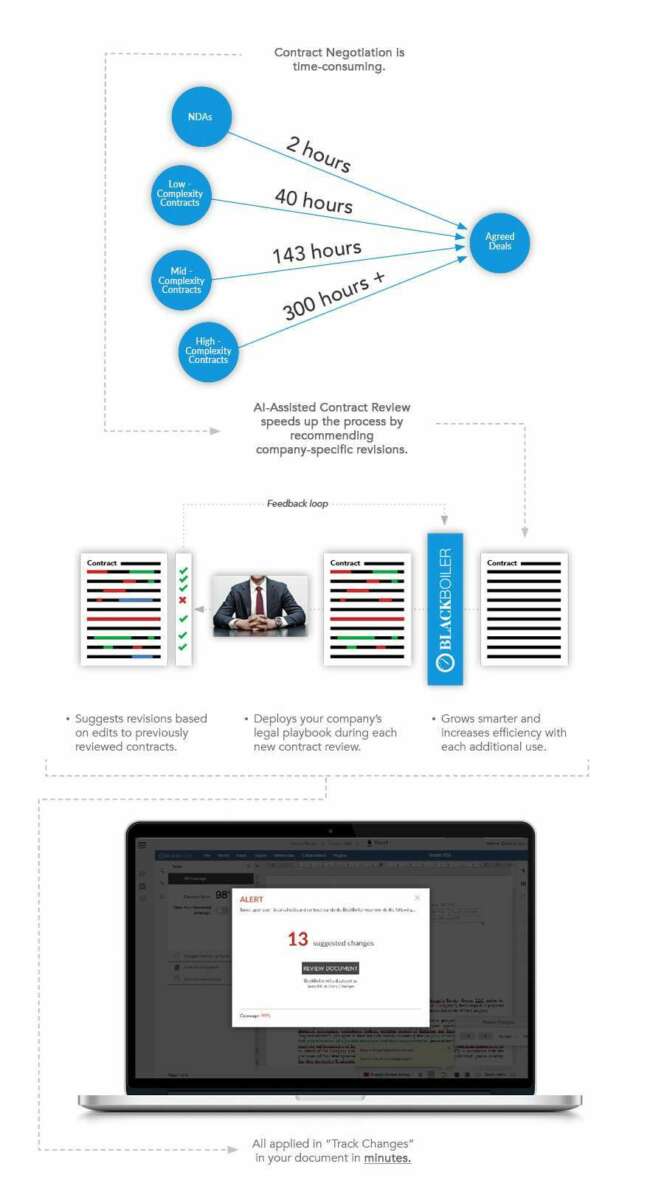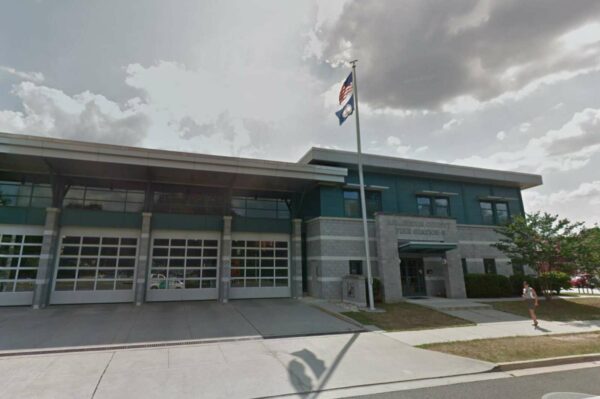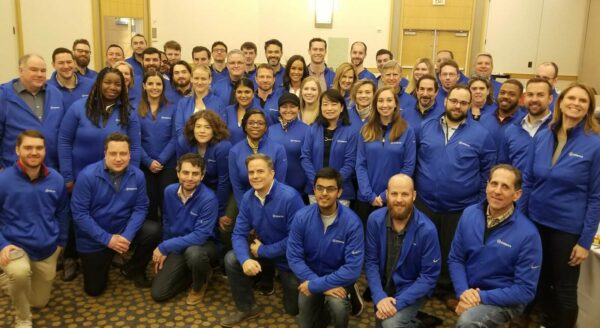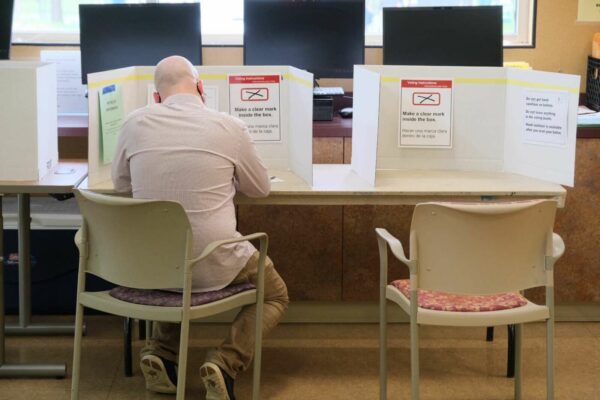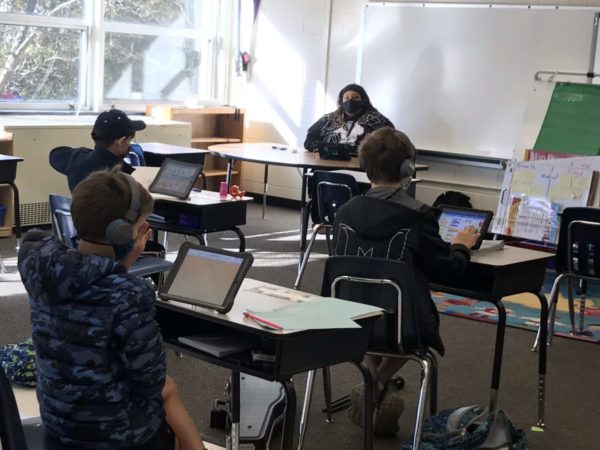With a membership list that has included five presidents and 19 Supreme Court justices, Washington Golf & Country Club is known as the “Club of Presidents.”
Without the help of one prosperous Arlington doctor, however, the elite club founded in 1893 would have closed in 1906.
Rear Admiral Presley Marion Rixey, Surgeon General in the U.S. Navy, served as the full-time personal physician to Presidents William McKinley and Theodore Roosevelt. He is considered the first “White House Physician,” though the title wasn’t officially used until 1928.
Beyond his medical exploits, the doctor owned a significant amount of land in Arlington. He lived on a large property then-called Netherfauld, which he purchased in 1888 from Mary Ann Hall, known for the rowdy brothel she ran in D.C. According to Johnathan Thomas, the former president of the Arlington Historical Society, there is no evidence her property in Arlington housed a similar business.
(Her brother, Bazil Hall is the namesake of Halls Hill: He owned enslaved persons and later sold his land to African-American families in Arlington, leading to the founding of the historically Black neighborhood.)
Rixey’s relationship to Teddy Roosevelt was not just one between a doctor and patient. They were friends, and so were their wives. President Roosevelt often came to Netherfauld to ride on horseback with Rixey through his many acres of rural lands and to eat ice cream made on the property. Mrs. Roosevelt, meanwhile, would frequently walk from the White House to Netherfauld to have lunch with Mrs. Rixey.
While Rixey enjoyed his property, he also was generous with it, ensuring the Washington Golf & Country Club — of which he was a member and the Chairman of the Greens Committee — had a permanent home.
“Admiral Rixey carried Washington Golf through its worst financial times, restructuring notes and forgiving interest so the fledgling club could survive,” according to an article written by Thomas, who also acted as the historian for WGCC.
Thomas went so far as to call Rixey the “Godfather” of the golf club. In 1906, WGCC was pushed out of its original Rosslyn location by investors looking to develop a residential area instead. Close to disbanding, members of the club searched for a location that would keep them close to D.C.
The club unsuccessfully tried to reestablish the club on the Saegmuller Farm — land that is now used by Arlington’s Knights of Columbus. Rixey’s offer in 1908 to sell 75 acres of his Netherfauld Farm for $50,000 saved WGCC from extinction.
“There’s a story handed down at the club that one of the members got the [Saegmuller Farm] under contract because he wanted to make a fee off of it. They said ‘forget it,’ and ended up buying the property from Rixey,” Thomas tells ARLnow.
Rixey helped the club after the sale. With it struggling financially, Rixey redesigned the agreed-upon payment plan and forgave interest. The doctor also donated more acres to WGCC as a prize to club president Joseph Johnson for defeating him in a golf game. Later, he offered to sell even more of his land to the club at a discounted price, but the leaders declined.
While clearing out part of Rixey’s land for the golf course and club, Richard Wallace — Rixey’s valet, Roosevelt’s former White House chauffeur, and one of four men who laid down the first nine holes in 1908 — happened upon a previously uninhabited log cabin on the Netherfauld grounds.
Wallace became enchanted with the log cabin and Rixey gifted it to him to live there. Whenever President Roosevelt visited the Rixey home, Wallace would bring homemade ice cream that Roosevelt enjoyed so much that Wallace let him lick the ice cream from the paddles once he was done churning.


